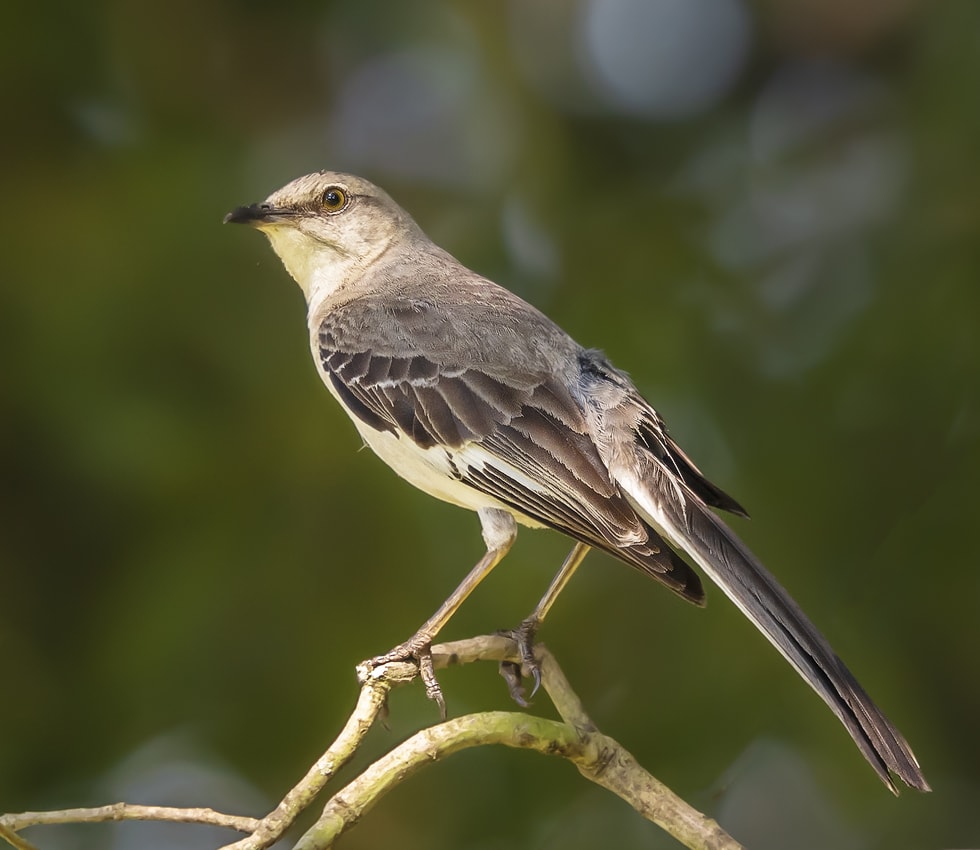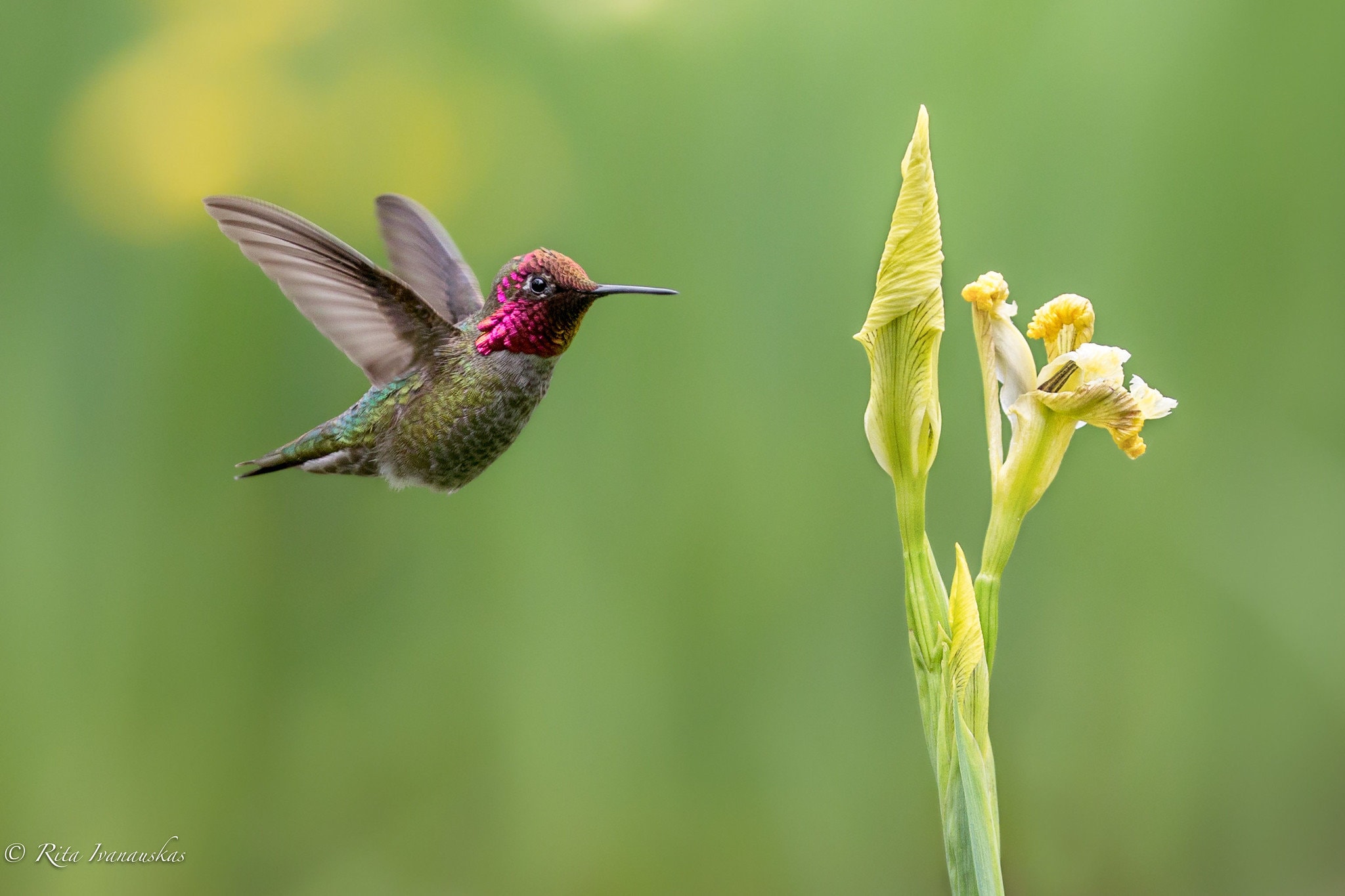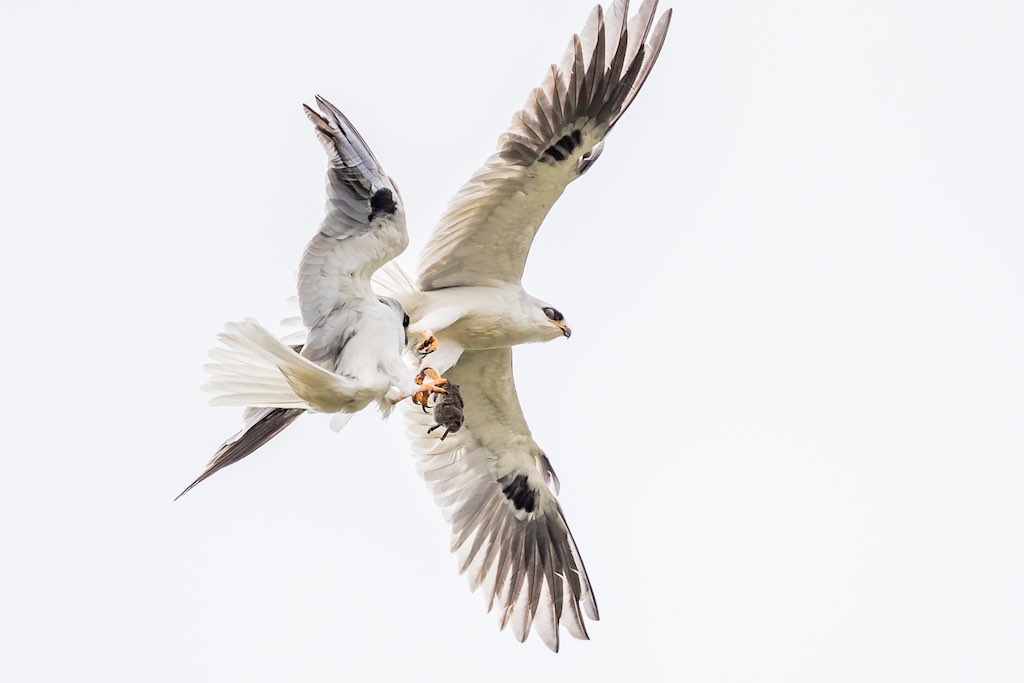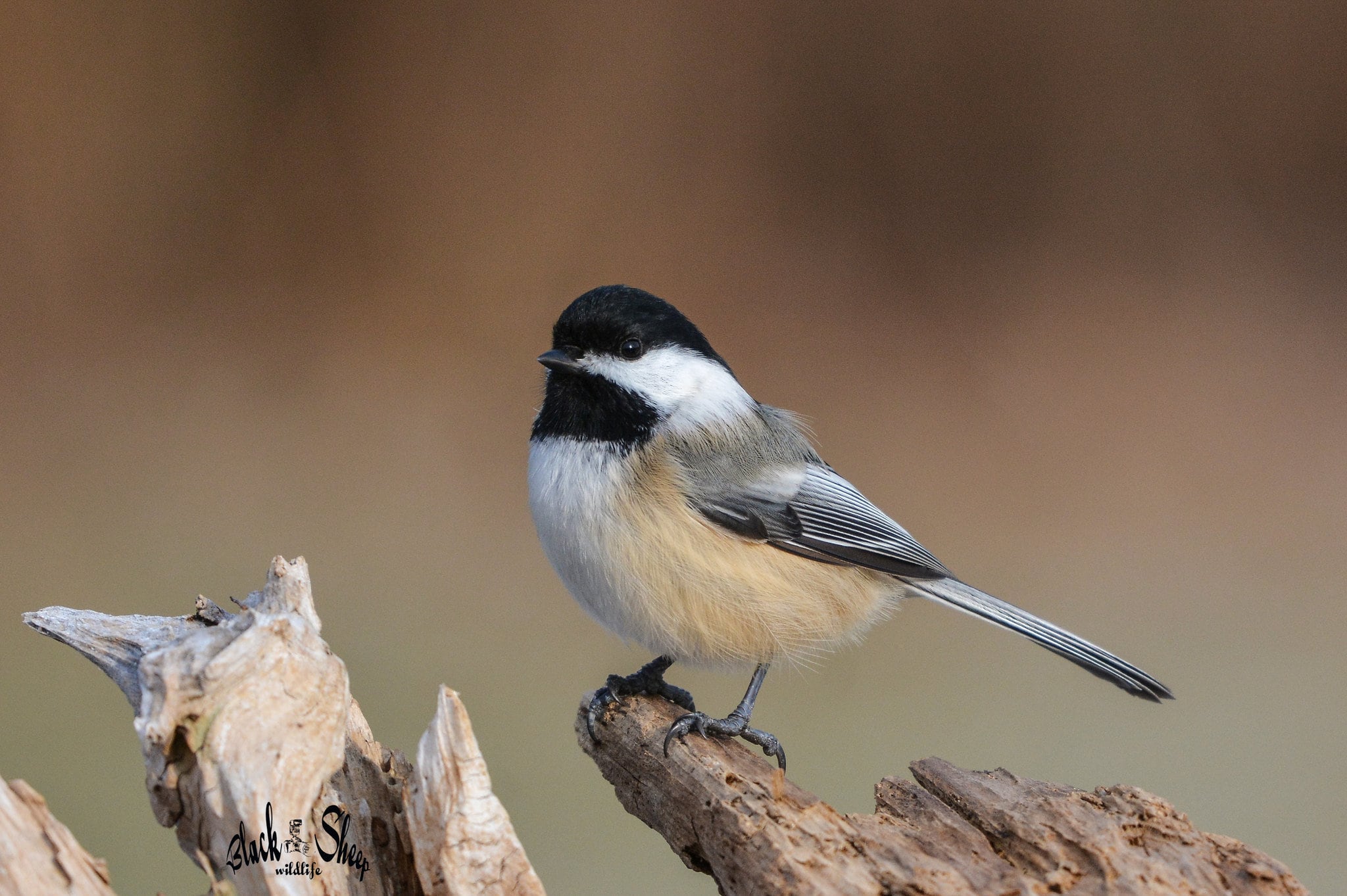Meditations in an Emergency
By Melissa Ramos
I have been taking more walks lately. On these walks, I notice I am seeing much more than I did before this crisis. What I witness and hear, smell and feel are lovely distractions. There is wind, there is the intermittent heat of the sun before it disappears into a throng of clouds. There are budding and blooming flowers in dazzling colors. There are the birds, their singing and calls interspersed with the typical quiet of this suburb. I have seen all sorts of birds lately, some of the same, some new. Straggling ducks zooming through the skies; two House Finches who seem to be contemplating whether my porch would make a good nest site; a noisy Bewick’s Wren that’s taken up residence in a tiny birdhouse my partner placed in a nearby bush; a gaggle of Cedar Waxwings munching on berries of a tall tree; the countless unidentified sparrows and California Towhees who rake up bugs in the garden with the smallest scrapes of their feet. Every evening before dusk, I hear the same record-like call of a Northern Mockingbird. She balances at the top of a utility pole in our backyard to chant her litany of imitations. I listen to her recitation now as reassurance of nature’s endurance.

~
Several weeks ago, long before these daily undulations of panic, my partner and I placed a hummingbird feeder on our porch. We sat by our kitchen window, mostly in the mornings before work, to watch and take a snapshot in our minds of a tiny Anna’s Hummingbird who declared this feeder his. When we’d walk outside to the car, when we’d step out the front door for fresh air, or any time we’d stroll in the garden, we could hear this particular bird’s chirping, his cries echoing in the neighborhood. He did not seem to be calling for any other bird in particular, but instead seemed intent on announcing his presence to others. He once stabbed another male Anna’s in the throat or chest (this happened too quickly for me to gather the precise details). When I blinked, the tiny victim of his anger plopped at my feet, breathing heavily and dazed. Our feeder-guardian hummingbird reemerged, flying around his food proudly. He was victorious, chirping at me as though he expected some congratulation. So we named him Bee after the buzzing, whirring sounds he greets us with every time we go outside.

~
Here is a picture: two white birds of prey high up in the sky, flying to meet each other midair. This is a cold day. In one half of the sky, light clouds morph quickly to gray. There is drizzle, rain droplets on my face. One bird exchanges food with the other, silhouetted by the impending storm. The male passes a listless rodent to the female. She flips, nearly upside down, to take hold of her meal with her talons, before righting herself and settling on the topmost branch of a massive pine tree. The picture changes: I am pointing at these aerial acrobatics with one hand so my partner can witness what is happening while fumbling with my binoculars in the other. We have seen these two White-tailed Kites on our walks now twice or three times. They will lay eggs somewhere near, that much I am sure of. Perhaps their nest is in that pine tree. I hope they are successful so this picture will have within it several chicks.

~
I am forgetting to drink enough water and many of my meals are now beans, steaming watery soups, and pastas, the type of food I haven’t consumed much of since I was a poor child and that was all we had to eat. In this endless hunt for comfort, I am longing for the foods of my childhood: processed cheese and cheap bean stews, the smells of particular imported coffee that I have yet to see on the West Coast, fragrant through the house, like caramel right on the cusp of burning. I am remembering my grandmother’s favorite birds. In Spanish she nicknamed them, “Rolitas”. In English, they are Black-capped Chickadees. I am remembering how she would perch on the stoop of our Manhattan apartment building to watch these birds roost in a tree on that perpetually crowded sidewalk. Even then, in New York, those birds lived. Imagine them existing in the bustling city despite cars and constant sound. On my walks now, I am determined to find them. On my walks, I am thinking of my grandmother.

~
There is a pile of dishes in the sink and I am losing the motivation to clean them. Sometimes, I read the news and feel a gargling in my stomach and wish I never opened the front page to begin with. I am gripped with a sense of inertia. Are you? This is what I keep reminding myself: the birds will always be outside. The California Towhees will hop in the yard and our darling Bee will be there to chirp at me. We will watch Bee from the window. We will say hello to him when we head out for a stroll. There will be birds flying and roaming, coupling up, having chicks, and teaching their little ones how to navigate the earth. There will be birds in your favorite parks, on your favorite walks, in places you never thought to look before. They will be there, living. What they give us are moments of peace as we witness their lives. I am scared for the future but I am also filled with the gratitude of the present. What a treat to be alive with these beautiful birds. On my walks and in my home, when I cook, when I am alone, in these quiet moments, I am realizing something I never noticed before: nature’s comfort will always be there.
Melissa Ramos is GGBA’s Communications Manager. The title of her piece is borrowed from Frank O’Hara’s poem of the same name.
We want to feature your stories about birding during this crisis. Do you have a shelter-in-place birding story you’d like to share with us? Contact Melissa at mramos@goldengatebirdalliance.org with 800-1200 word testimonials. Wishing you joy and peace through birding.
